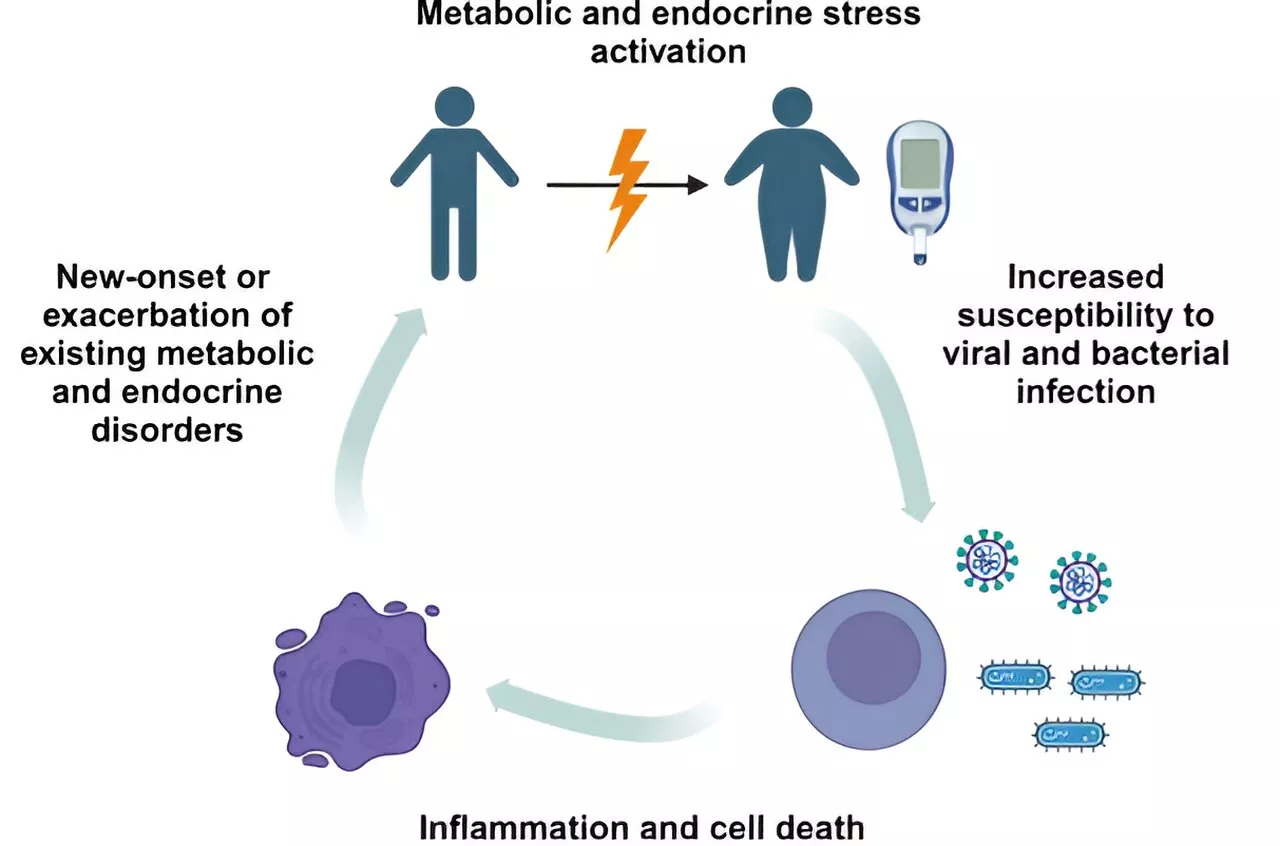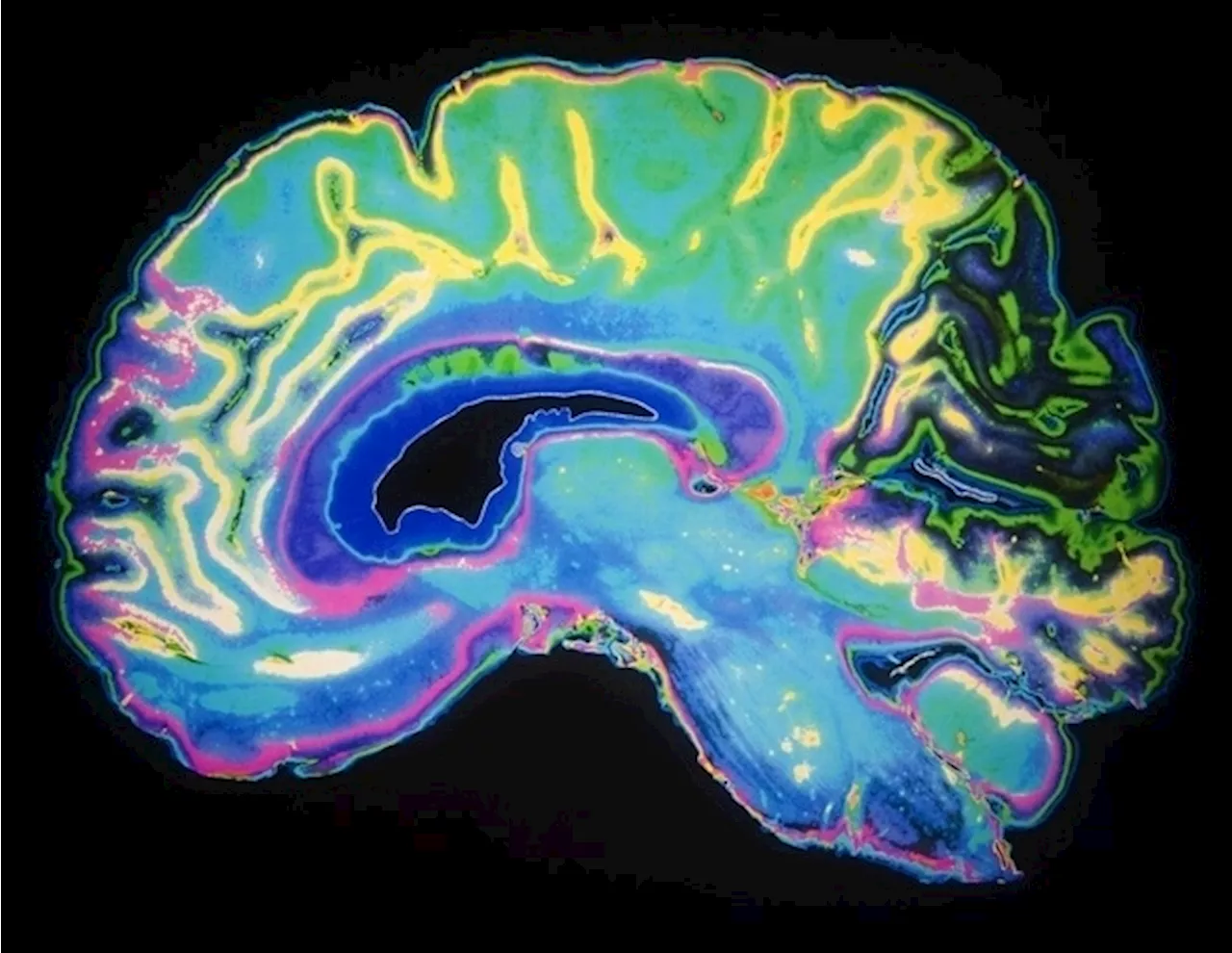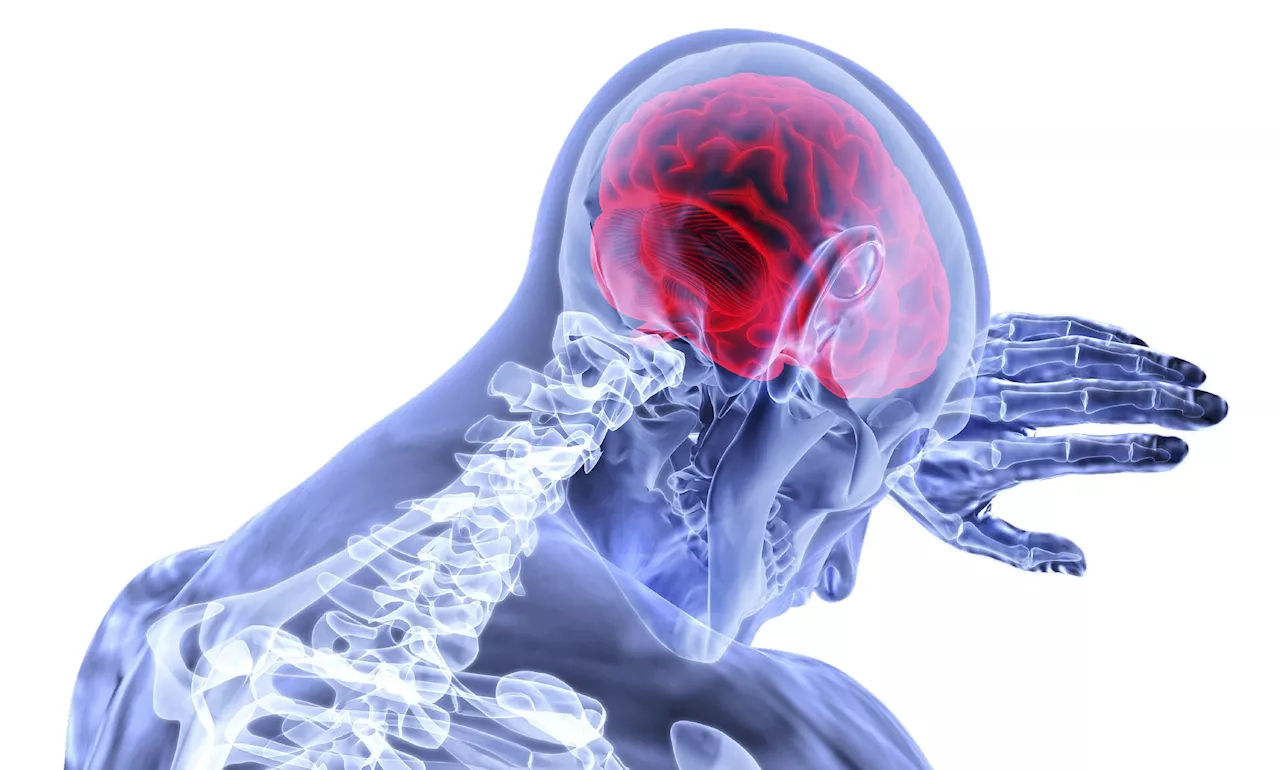Researchers discovered that COVID-19 lockdowns accelerated cortical thinning in adolescent brains, with females experiencing more significant and widespread changes than males, indicating a higher developmental impact on female brains.
By Dr. Sushama R. Chaphalkar, PhD.Reviewed by Susha Cheriyedath, M.Sc.Sep 10 2024 Lockdown-related stress led to more severe brain changes in girls, raising concerns about long-term mental health impacts, say scientists.
Background The COVID-19 pandemic led to widespread societal disruptions, including lockdowns and school closures, which negatively impacted adolescent mental health, with females more affected than males. Adolescence is a critical period of emotional, behavioral, and brain development, making it vulnerable to stress.
About the study Normative modeling reveals deviations from expected brain changes due to environmental factors or disorders. It has been widely used to study brain alterations in various conditions, including socioeconomic stress, autism spectrum disorder, depression, and schizophrenia. MRI data were collected from adolescents at two time points and analyzed using Bayesian linear regression to fit models for cortical thickness across 68 brain regions.
Results and discussion As per the study, significant deviations were observed in cortical thickness in the post-pandemic test group, with 30 brain regions showing significant thinning in females, compared to only two regions in males. The regions with notable thinning for females were distributed across all lobes of the brain, while males showed significant thinning only in the occipital lobe.
Overall, the study contributes to our understanding of the interplay between environmental stressors and adolescent brain development, with implications for public health and mental health interventions.
Brain Coronavirus Disease COVID-19 Adolescents Coronavirus Depression Imaging Language Magnetic Resonance Imaging Mental Health Pandemic Stress
United Kingdom Latest News, United Kingdom Headlines
Similar News:You can also read news stories similar to this one that we have collected from other news sources.
 Researchers find increased mental illnesses incidence following severe COVID-19, especially in unvaccinated peopleA new study that examined health data on 18 million people reveals higher incidence of mental illnesses for up to a year following severe COVID-19 in unvaccinated people. Vaccination appeared to mitigate the adverse effects of COVID-19 on mental illnesses.
Researchers find increased mental illnesses incidence following severe COVID-19, especially in unvaccinated peopleA new study that examined health data on 18 million people reveals higher incidence of mental illnesses for up to a year following severe COVID-19 in unvaccinated people. Vaccination appeared to mitigate the adverse effects of COVID-19 on mental illnesses.
Read more »
 Researchers propose multimodal approach to tackle post-acute infectious syndromes, including long COVIDIn a world still grappling with the aftermath of the COVID-19 pandemic, a team of international researchers has proposed a novel approach to treating the persistent symptoms that plague many survivors of viral infections.
Researchers propose multimodal approach to tackle post-acute infectious syndromes, including long COVIDIn a world still grappling with the aftermath of the COVID-19 pandemic, a team of international researchers has proposed a novel approach to treating the persistent symptoms that plague many survivors of viral infections.
Read more »
 Researchers uncover mechanism for storing and using visual knowledge in the brainOur brain interprets visual information by combining what we see with what we already know. A study published in the journal Neuron by researchers at the Champalimaud Foundation, and supported by the CaixaResearch Health Call of the la Caixa Foundation, reveals a mechanism for learning and storing this existing knowledge about the world.
Researchers uncover mechanism for storing and using visual knowledge in the brainOur brain interprets visual information by combining what we see with what we already know. A study published in the journal Neuron by researchers at the Champalimaud Foundation, and supported by the CaixaResearch Health Call of the la Caixa Foundation, reveals a mechanism for learning and storing this existing knowledge about the world.
Read more »
 Researchers enhance natural killer cells to target pediatric brain cancerFlorida State University researchers are giving oncologists another tool in their fight against pediatric brain cancer.
Researchers enhance natural killer cells to target pediatric brain cancerFlorida State University researchers are giving oncologists another tool in their fight against pediatric brain cancer.
Read more »
 Brain biomarker in blood sample predicts stroke, researchers demonstrateResearchers at Uppsala University Hospital and Uppsala University have demonstrated that a simple blood test that reflects brain health can predict which people are most at risk of suffering a stroke. The discovery could contribute to more individualized treatment of patients with atrial fibrillation.
Brain biomarker in blood sample predicts stroke, researchers demonstrateResearchers at Uppsala University Hospital and Uppsala University have demonstrated that a simple blood test that reflects brain health can predict which people are most at risk of suffering a stroke. The discovery could contribute to more individualized treatment of patients with atrial fibrillation.
Read more »
 Researchers closer to figuring out what causes exercise to boost your brainA study exploring the mechanisms behind why cognitive performance improves in response to exercise, has revealed forced muscle movement doesn't have the same effect as voluntary.
Researchers closer to figuring out what causes exercise to boost your brainA study exploring the mechanisms behind why cognitive performance improves in response to exercise, has revealed forced muscle movement doesn't have the same effect as voluntary.
Read more »